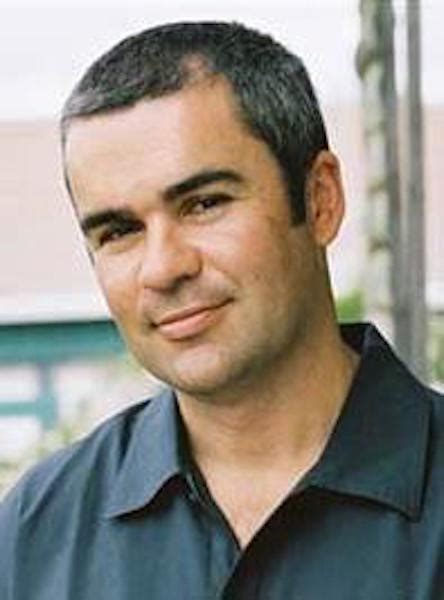A Quote by Bill Bryson
18th century scientists, the French in particular, seldom did things simply if an absurdly demanding alternative was available.
Quote Topics
Related Quotes
I wanted to create a believable feeling for 18th Century reality in the Perfume: The Story Of A Murderer. I didn't want this typical film feel of strange people in strange costumes, not really knowing what to do or how to move. If you put an 18th Century costume on Alan Rickman, it looks like he's been wearing it forever because he inhabits the stuff. He is a character that can really travel in time as an actor and transform into this 18th Century person with seemingly no effort.
Although the stories are very present in my book, and very present in my mind, what I was most interested in was the question of why it had attracted such a following in the 18th Century. It's less mysterious that it attracted a following in the Romantic period, and in the 19th Century, but the early 18th Century when the Rationalists fell in love with it...that was mysterious. What I wanted to look at was the forms of enchantment.
The technologies for the alternative energy sources exists today. The economics are compelling. The public health is compelling. Why would we maintain a focus on a 17th-century technology, when there are 21st-century alternatives that are both necessary and available? And the answer is the subversion of democracy.
Look, science is hard, it has a reputation of being hard, and the facts are, it is hard, and that's the result of 400 years of science, right? I mean, in the 18th century, in the 18th century you could become an expert on any field of science in an afternoon by going to a library, if you could find the library, right?





































